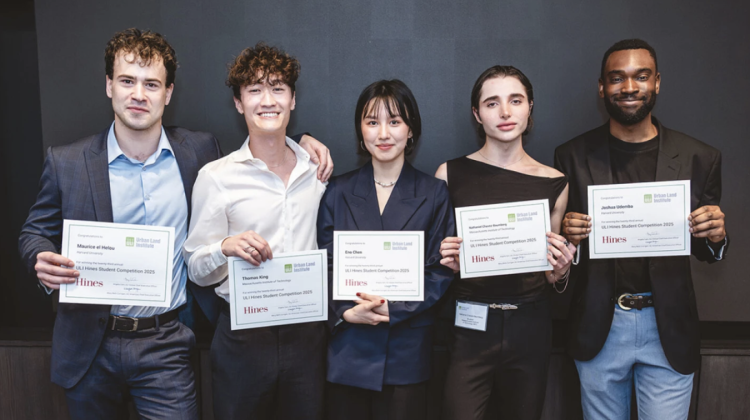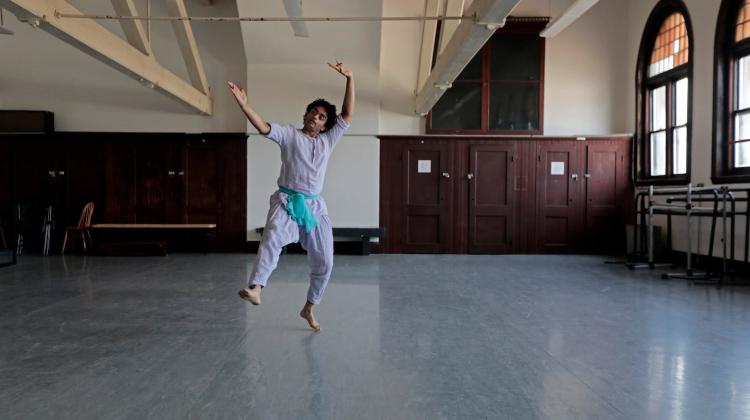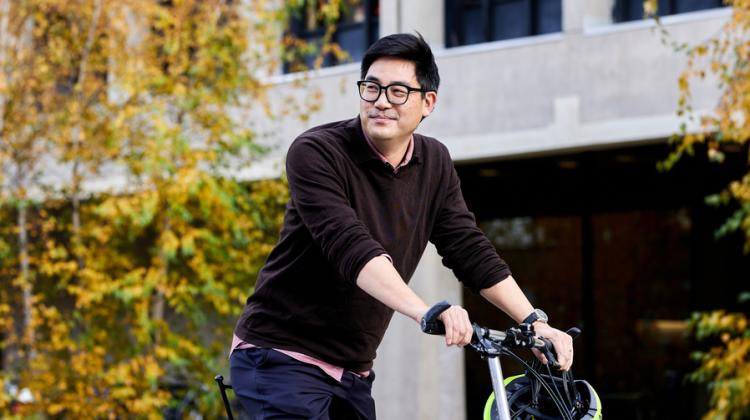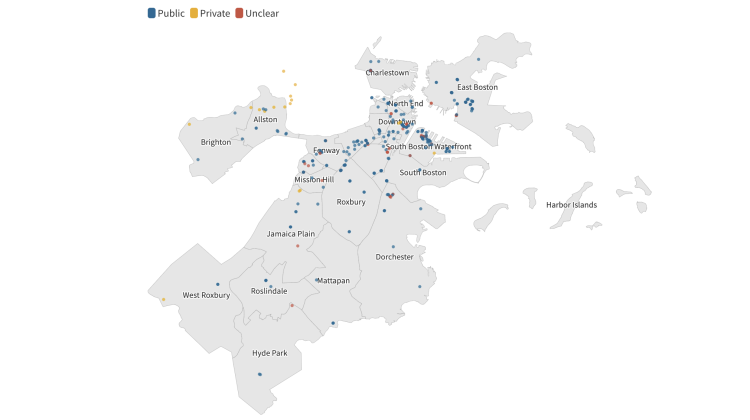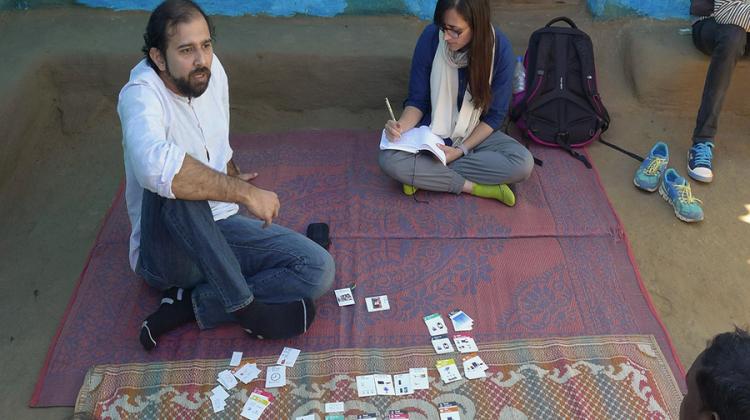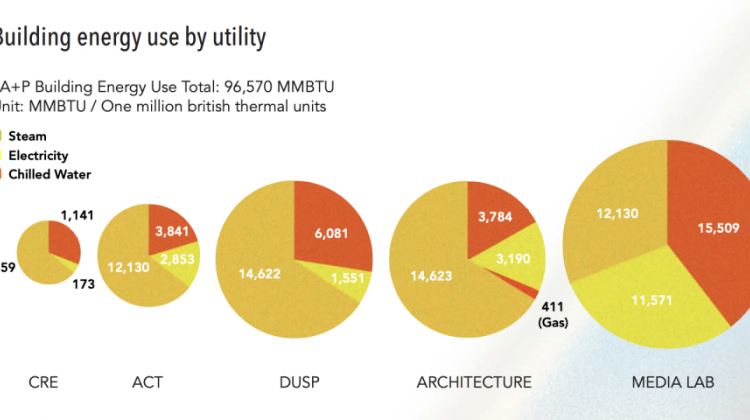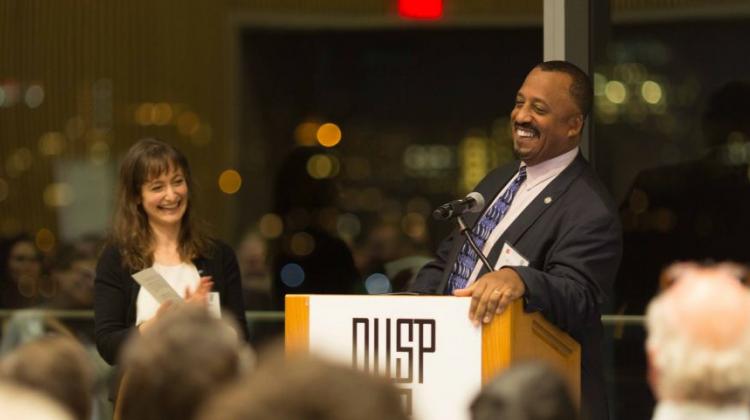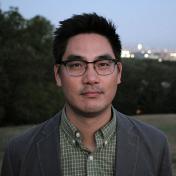David Hsu
Cities connect to their environment through infrastructure that is built through physical, technological, and social systems. David's research and teaching focus on how planners, policymakers, and advocates can shape and implement these systems using technology, data, and analysis.
His publications can be found in his Google Scholar profile and the MIT D-space repository, both linked at right. Previous projects (and funders) include:
- the effectiveness of benchmarking and disclosure as information policies to reduce the energy consumption of buildings (U.S. Department of Energy);
- implementation of green and smart infrastructure for stormwater management (U.S. Environmental Protection Agency, U.S. National Science Foundation); and
- adoption of solar microgrids, lighting, and control technologies in India, Brazil, and Kenya (MIT Tata Center for Technology and Design, Fulbright NEXUS program).
Current areas of work and research collaboration include:
- air quality sensing within cities and decarbonized buildings, a key pathway to net-zero carbon emissions;
- local, regional, and federal governance of distributed energy resources and energy transitions;
- other opportunities for climate action at the city level.
David is working on a book contracted with the University of Chicago Press on governance of utilities and infrastructure.
David currently teaches classes on:
- urban energy systems and policy (11.165/477)
- urban environmental technology (11.007)
- infrastructure systems in theory and practice (11.381)
David also serves as:
- co-chair of the Campus Fast Forward working group on climate education;
- chair of the DUSP urban science major (Course 11-6, Bachelor of Science in Urban Science and Planning with Computer Science);
- course 11 advisor for the Energy Studies Minor, offered by the MIT Energy Initiative.
David taught previously at the University of Pennsylvania and New York University, and worked in engineering, finance, and city government. He holds a B.S. from Yale University in physics; a M.S. from Cornell University in applied and engineering physics; a M.Sc. from the London School of Economics and Political Science in city design and social science; and from the University of Washington in Seattle, a Ph.D. in urban design and planning with a certificate in social science and statistics.



